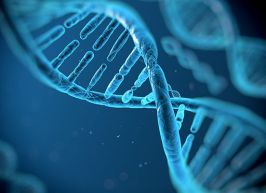Зарегистрируйтесь на getAbstract, чтобы получить доступ к этому краткому изложению.

Зарегистрируйтесь на getAbstract, чтобы получить доступ к этому краткому изложению.
Terry Burnham and Jay Phelan
Mean Genes
From Sex to Money to Food: Taming Our Primal Instincts
Perseus Books, 2000
Что внутри?
Your "mean genes" don't have your best interests at heart, but you can learn to outsmart them.
Recommendation
While human genes haven’t changed much in tens of thousands of years, humanity’s environment has. This mismatch, argue Terry Burnham and Jay Phelan in this witty, fun tour of sociobiology, causes self-defeating behaviors like profligacy, gluttony, infidelity and addiction. You only need to look at the midsections of most Americans to see what happens when hunter-gatherer minds find themselves living in a "fast food nation." Thankfully, there is hope. Using research on humans and animals, Burnham (an economist) and Phelan (a biologist) enumerate the vices "mean genes" predispose people to pursue and suggest clever ways to outsmart them. Many books discuss the features of humanity’s Stone Age minds, but this is the first sociobiological self-help manual. getAbstract recommends this light but scientifically sound "owner’s manual for the brain" to anyone who ever wondered why saving money is hard while overeating is easy. Your genes may be mean, but you can tame them.
Summary
About the Authors
Terry Burnham, Ph.D., is a visiting scholar at Harvard Business School and a former professor of economics at Harvard’s Kennedy School of Government. Jay Phelan, Ph.D., is a professor of biology at UCLA.


















Comment on this summary